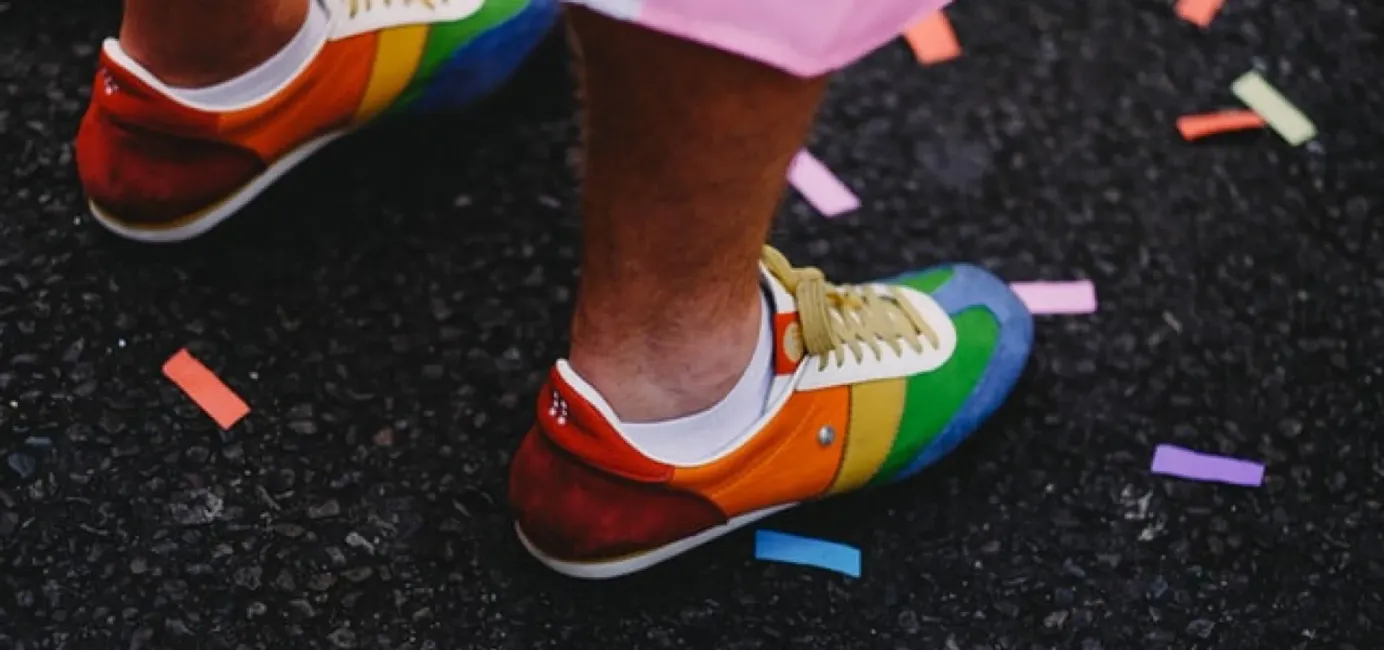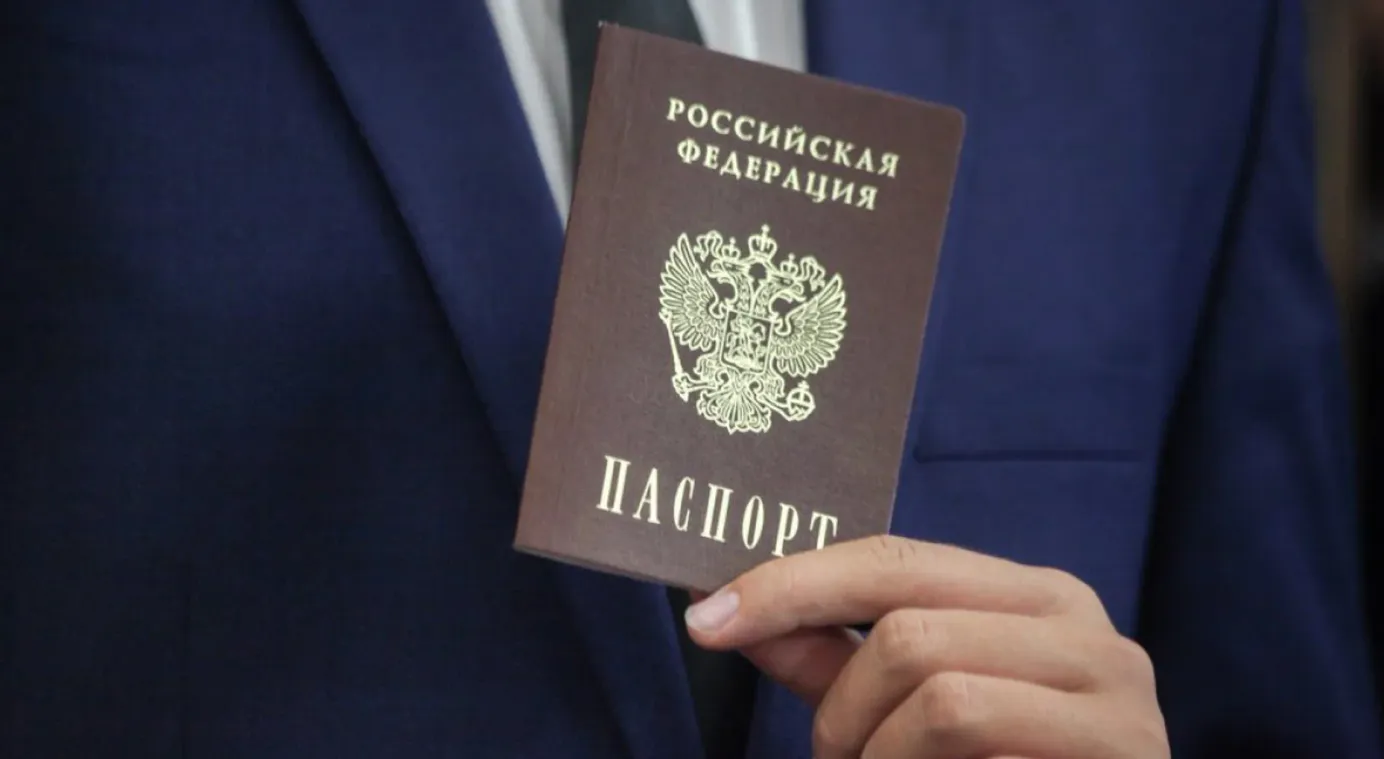
Russia’s authorities seek to label LGBT+ movement as “extremist”
The Russian authorities stepped up their relentless campaign against the LGBT+ community last week as the justice ministry asked the Supreme Court to recognize the “International LGBT Social Movement” as “extremist” and ban it in Russia. Since there is no single organization that goes by that name, the move is seen as the ministry trying to secure a formal reason to ban the activities of any group that supports the LGBT+ community.
- Russia’s justice ministry claimed that it had identified “various signs and manifestations of an extremist orientation, including the incitement of social and religious discord” within the so-called “International LGBT social movement”. As there is no organization registered under that name in Russia, according to its own laws, the Supreme Court should throw out the claim, lawyer Maxim Olenichev told The Bell. However, he assumes the court is likely to side with the justice ministry, given the very low evidence threshold in cases like this.
- If the court does rule that the “LGBT movement” is “extremist,” it will also determine exactly what symbols are aligned with it, and therefore also to be banned. For instance, if the court decides that rainbows or rainbow flags are symbols of an extremist organization, then any time they are used in public could result in an administrative offense, punishable by a fine or a short spell in jail. Repeat offenses would be subject to criminal prosecution. In addition, any LGBT+ activist who, from the authorities’ point of view, is part of the banned movement could also be subject to punishment.
- “The authorities are trying to erase LGBT+ people from the public agenda, depriving them of access to help from lawyers, psychologists and social workers who help them respond to violence related to sexual orientation or gender identity,” lawyer Olenichev said.
- Most likely, the Nov. 30 court hearing will be held behind closed doors so the public will never know the reasons why the non-existent “International LGBT Social Movement” was identified as extremist, added lawyer Valeriya Vetoshkina.
Why the world should care:
In recent years, Russia has introduced several new laws discriminating against the LGBT+ community. In Dec. 2022, an extension to the “gay propaganda” law came into force, making it an offense to publish any positive representation of LGBT+ people whatsoever, not just those “aimed at children,” as in the original 2013 law. Then in July 2023, came new legislation banning legal and medical transition, a ban on transgender people adopting children or serving as legal guardians, as well as restrictions on their right to marry. In effect, the authorities are seeking to use legislation to ban an entire group of people whose existence does not conform with the Kremlin’s idea of “protecting traditional values.”




